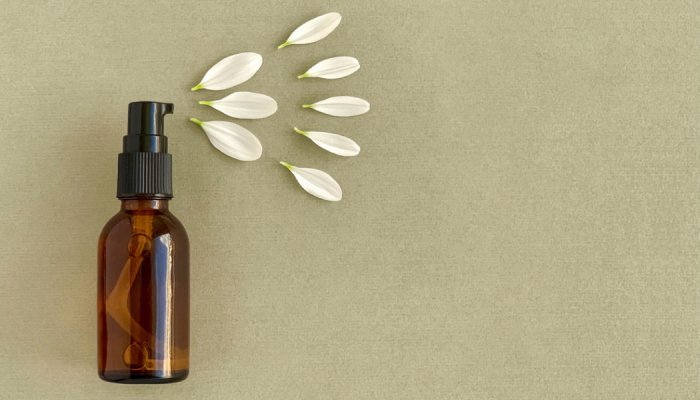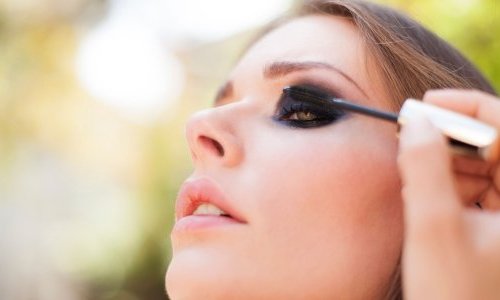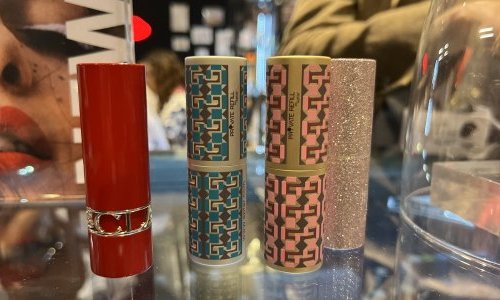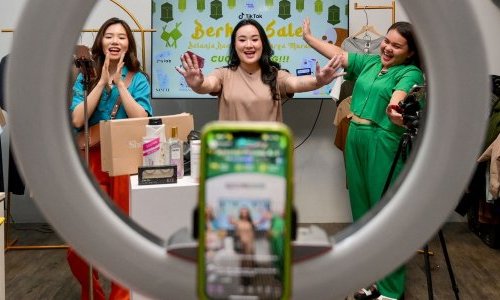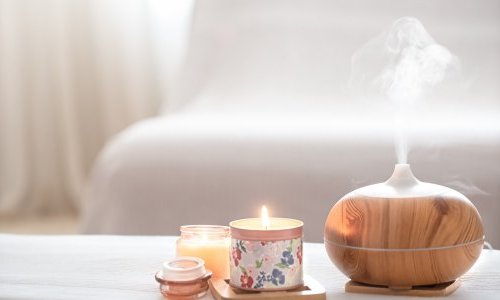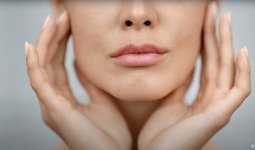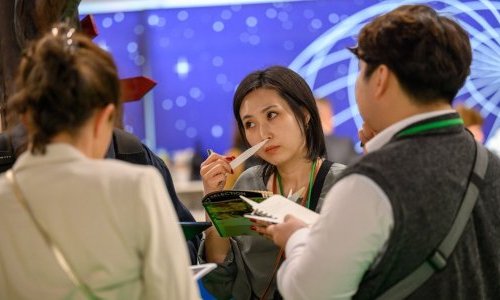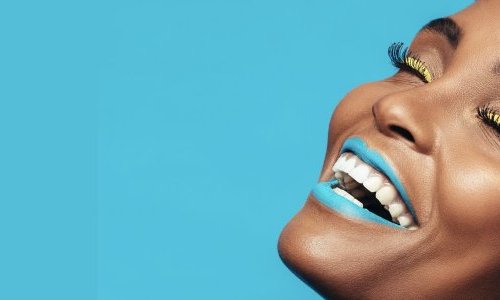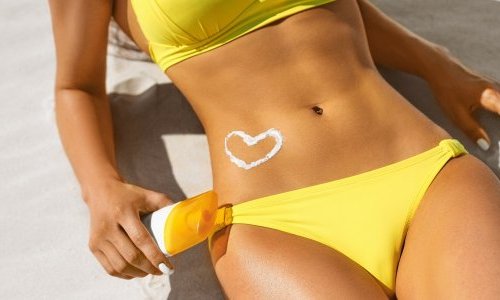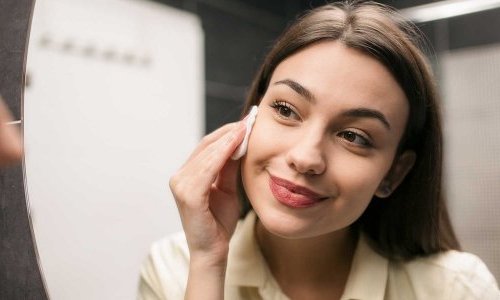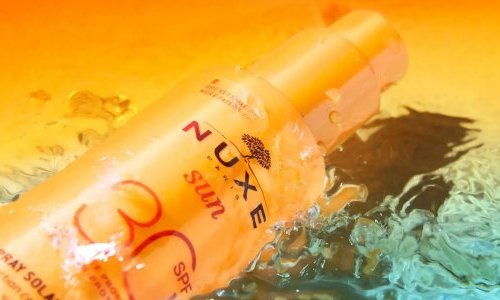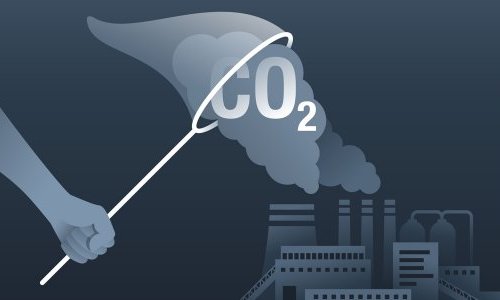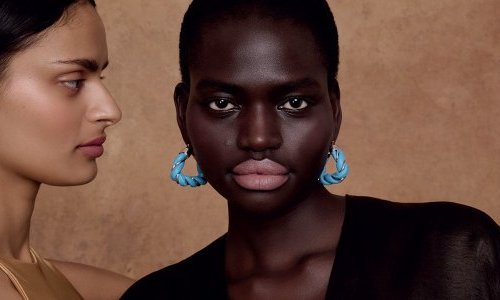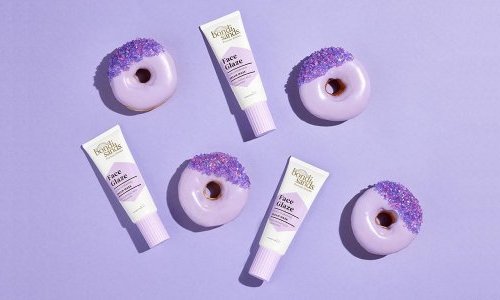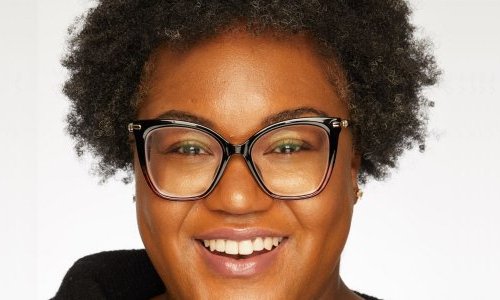The pandemic has considerably impacted consumer habits. For more than 72% of French people, consuming less and better has become a requirement [1]. Inevitably, this consumption trend has impacted the cosmetics sector and brands have had to reinvent themselves. In 2021, the number of products certified organic or natural by Ecocert has increased by 30%. The French market for natural and organic cosmetics is also booming, with a growth of 12% in 2021, while sales of mainstream cosmetics are down by 6.1% [2].
Demand for ethics and transparency
Today, 74% of French people surveyed would like to have more information on the environmental and societal impact of the products they buy [3]. This is the whole point of certification, emphasises Ecocert, as it guarantees compliance with a stringent set of specifications. For instance, more than 29,000 products and 18,000 ingredients in some fifty countries are currently certified under the COSMOS Organic or Natural label by Ecocert.
To go even further, the Ecocert Group is committed to labelling so-called ethical cosmetic products and ingredients with the Fair For Life (FFL) label. Created in 2006, Fair for Life is an international fair trade label for food products, cosmetics, textiles and handicraft products. It applies throughout the supply chain, from production to distribution, to secure supply chains and establish long-term fair contractual partnerships. This translates into long-term contractual commitments: a fair purchase price, a minimum guaranteed price, the financing of collective projects, a commitment to expected volumes, pre-financing, technical support...
In 2021, the number of Fair For Life labelled beauty brands amounted to 33, with nearly 350 products. These figures are in fact quite low, considering the size of the global beauty market, but they could increase in the coming years with the redefinition of certain criteria as of 1 June 2022.
Adjust to labelling rules
The new version of the Fair For Life labelling standard seeks to adjust to the reality of the cosmetics market and to some products with complex formulas. Before this update, all ingredients were screened except for water, salt and minerals.
From 1 June 2022, petrochemical preservatives and so-called complex ingredients of natural origin, which in practice cannot be labelled ethical and fair trade, will also be excluded. For Ecocert, the aim is to make the scheme available to more companies to help them structure themselves and commit to an increasingly ethical approach focused on people, their working conditions and fair remuneration.
Enhancing the value of the raw materials
Over the past 15 years, Ecocert teams have seen the list of Fair For Life labelled cosmetic ingredients grow. The cosmetics industry’s Fair Trade sectors offer some 80 increasingly diversified ingredients such as shea butter, argan oil, aloe vera, moringa, coconut oil, sesame oil, or illipe butter, recently labelled by Expanscience...
"Being Fair For Life labelled will enable brands to enhance the value of the raw materials they use in their cosmetic products," explains Pauline Raffaitin, Head of the Ecocert Home & Personal Care Business Unit.
It is also an opportunity for some brands to consolidate their historical commitments. Hence, for Justine Humbert, Biodiversity & Sustainable Ingredients Manager at the L’Occitane Group, ethical cosmetics involve products which, "through their manufacturing, distribution and use, respect both women and men (be they the company’s employees, suppliers, partners or consumers) and the environment."
For L’Occitane, which boasts the double label - COSMOS and Fair For Life - for some of its ingredients and products, fair trade certification is both a proof of commitment in terms of trade practices and support to our partners, but also, specifies Justine Humbert, "a highly structuring approach for securing our supplies." A concern that could not be more topical!

